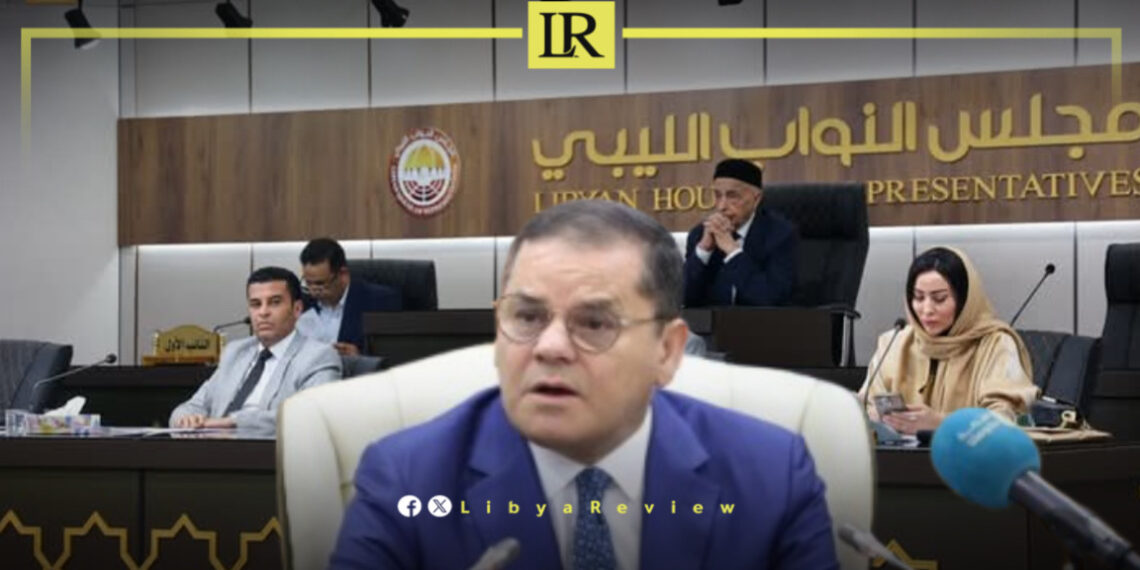On Saturday, Libya’s Parliament formally instructed the Attorney General to open a legal investigation into Prime Minister Abdul Hamid Dbaiba and to prevent him from leaving the country.
The decision follows violent confrontations in Tripoli, where security forces reportedly used live ammunition against protesters.
In a statement circulated through local media, the parliament said its move was made “in response to the will of the Libyan people,” citing “serious human and material losses” during clashes between government forces and demonstrators.
Lawmakers accused the Dbaiba-led government of using force to suppress peaceful protests, turning Tripoli into what they described as “a war zone.”
The statement added that the government’s conduct, including its response to the recent protests and its overall failure to enact reforms, constitutes grounds for legal accountability. Dbaiba, who the parliament considers to be heading a government with an expired mandate, is now the subject of a formal inquiry and a court-ordered travel ban.
The decision comes amid growing internal dissent. On Friday, three high-ranking ministers, Deputy Prime Minister and Acting Health Minister Ramadan Abu Janah, Minister of Local Governance Badr Al-Din Al-Toumi, and Minister of Housing and Construction Abu Bakr Al-Ghawi, announced their resignations from Dbaiba’s cabinet. In separate public statements, all three expressed solidarity with the protesters and criticized the government’s leadership and its failure to meet public demands.
Their resignations, coupled with the parliament’s legal action, represent a significant shift in Libya’s political landscape. The moves reflect a growing consensus that the current executive leadership has lost public confidence and institutional legitimacy.
This latest escalation deepens Libya’s political crisis and raises new questions about the future of governance and stability in the country.


